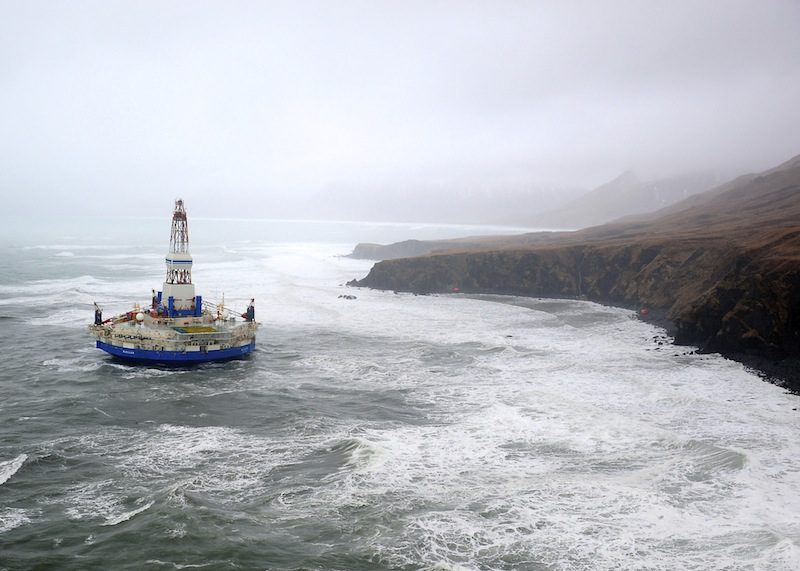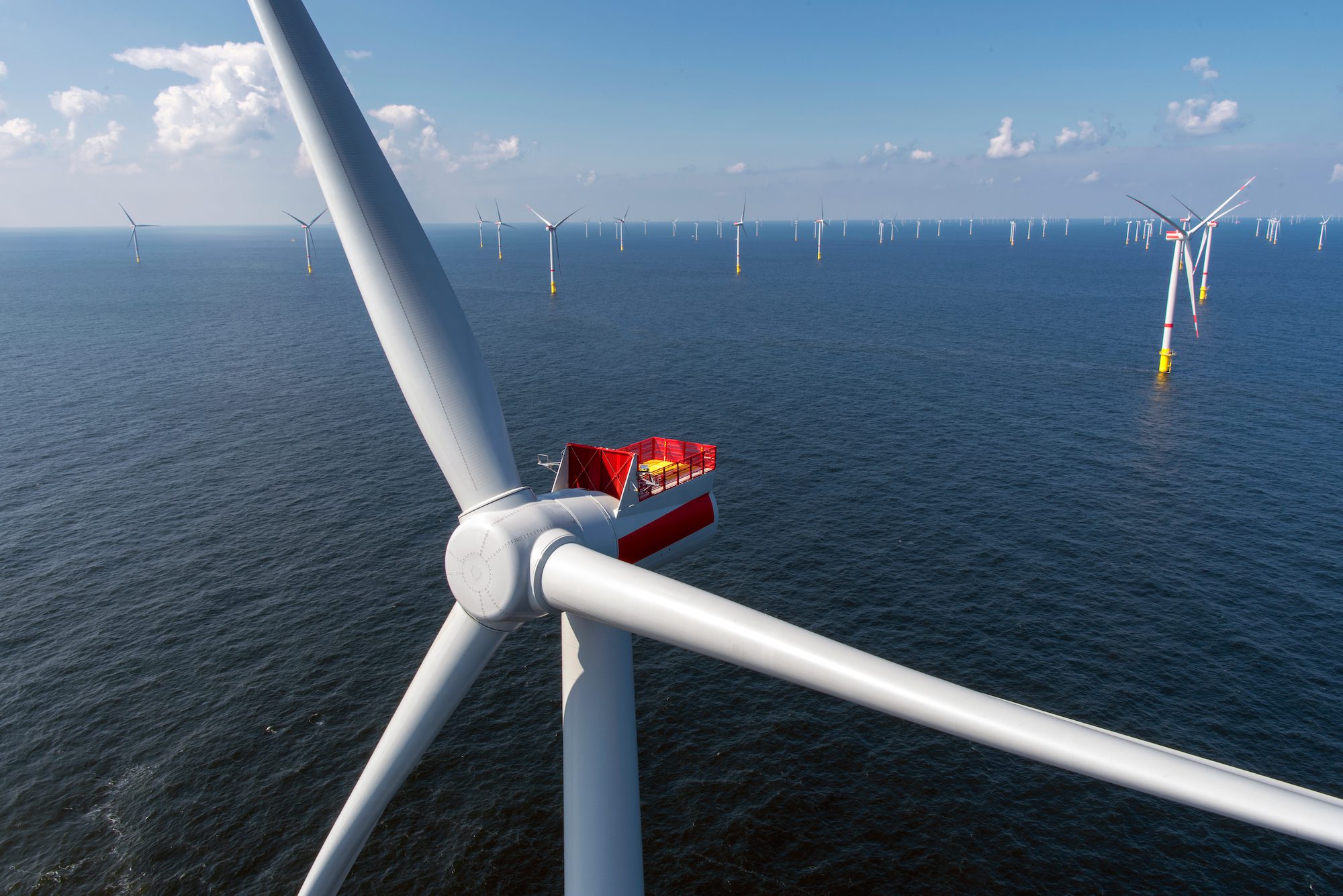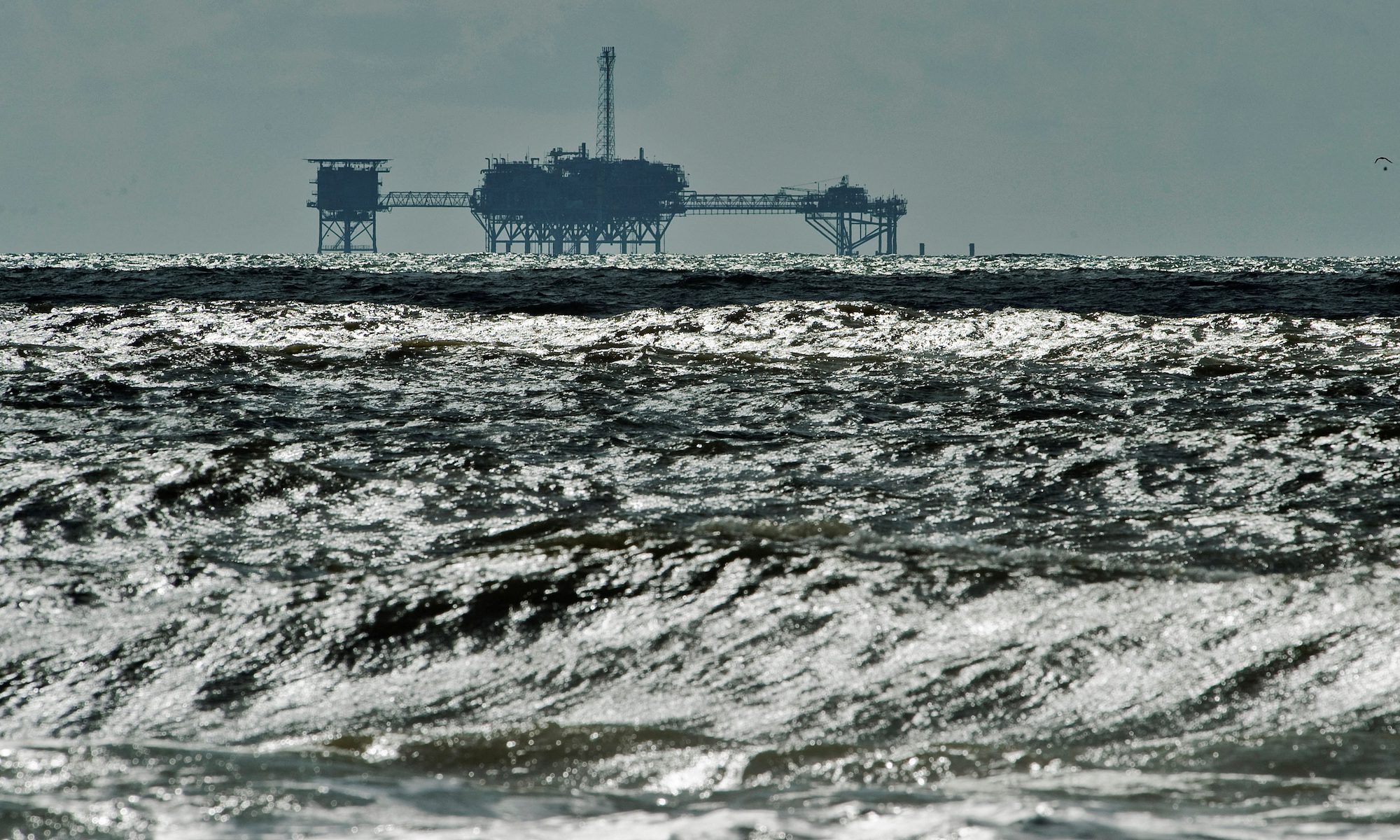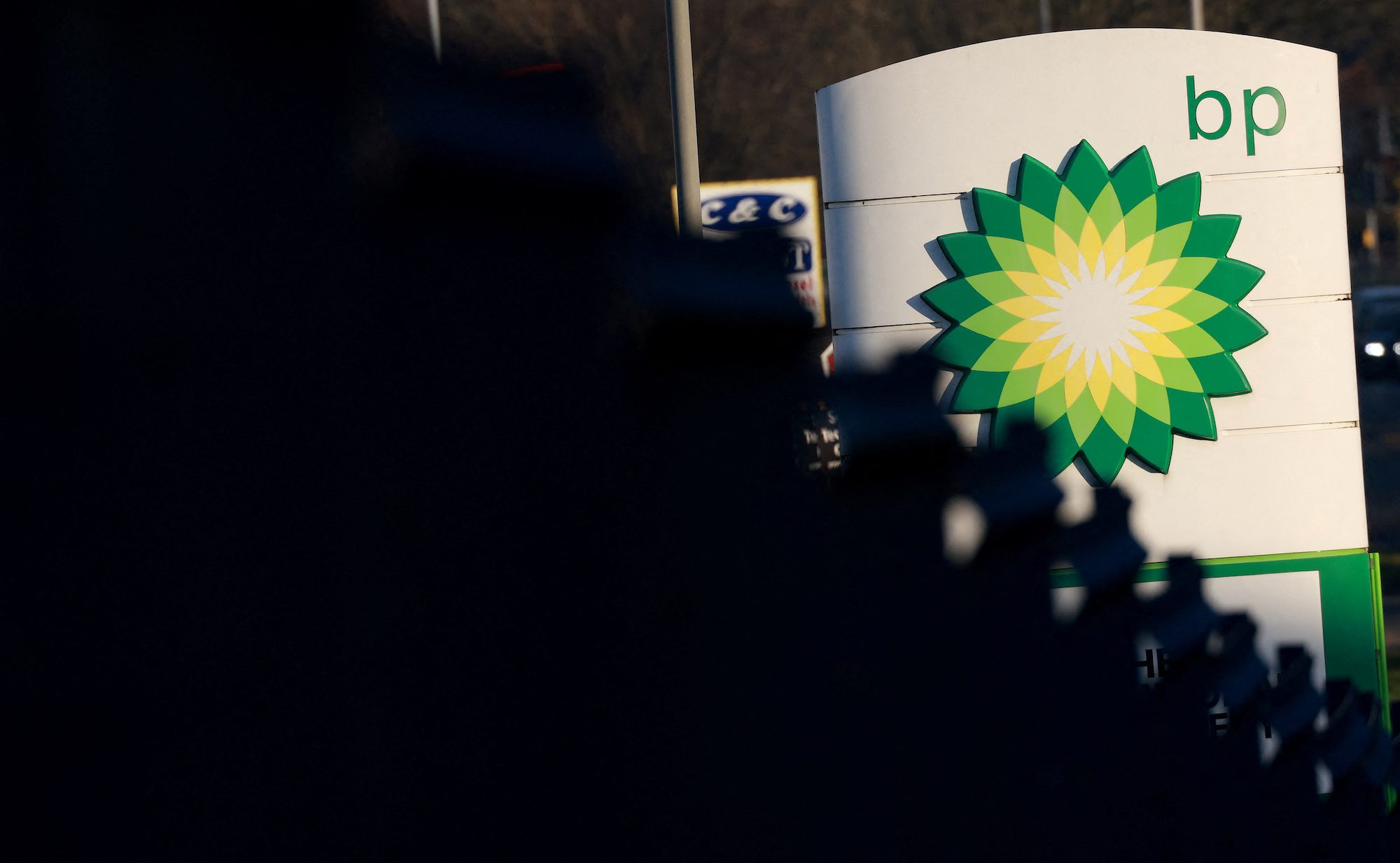Shell’s 2012 failed arctic drilling campaign culminated with the Kulluk drilling rig running aground in Alaska after breaking free during a tow to Washington. U.S. Coast Guard Photo
(Bloomberg View) — Two of President Barack Obama’s top priorities clashed on Monday in the Arctic Ocean, and the outcome has some environmentalists feeling betrayed. They shouldn’t be.
The administration’s conditional approval of Royal Dutch Shell’s plan to drill in the Arctic Ocean is not necessarily evidence of slackening effort in the fight against climate change. Instead, it shows that the administration is continuing the fight for energy security.
In recent years the U.S. has greatly increased domestic production of oil through fracking, horizontal drilling and other new technologies. But the country is still not close to producing as much oil as it consumes. The U.S. imports 7 million barrels of oil a day.
Reducing imports to zero is both impossible and unwise. Yet the more oil the U.S., Canada and other stable democracies can produce, the less volatility there will be in the global price of oil. A sensible energy-security policy would help prevent fighting in places like Libya and Yemen from leading to unpredictable price spikes. That’s why it makes sense to maximize production.
There is an important caveat, though: Production should be maximized while also increasing efforts to curb greenhouse gases. These two goals are not mutually exclusive, and it’s why the administration is right to continue to support efforts to help the whole world use less oil and burn it more cleanly.
Consider that some 24 billion barrels of oil are thought to lie below the North American continental shelf to the north and west of Alaska — about a third of all the oil in the Arctic Circle.
The Arctic is a special environment, uniquely vulnerable to oil spills. The water is relatively shallow, about 150 feet deep. And the plant and animal life are already under stress from climate change. A spill of any great size in the Chukchi and Beaufort seas would also be difficult to clean up, given that the closest Coast Guard station is more than 1,000 miles away.
But that is reason to be careful, not justification for an outright ban. Two years ago, the Interior Department was right to temporarily stop Shell’s attempt to drill in the waters north and west of Alaska, after one of the company’s rigs ran ashore and mechanical problems crippled its oil containment barge. But Shell has had time to solve these problems and ensure that its ships and drilling equipment can withstand the harsh conditions of the Arctic.
The company is now working to pass its final permit reviews. It has already invested billions of dollars in an effort to explore U.S. Arctic oil deposits and begin drilling. If it has used this time to improve its equipment and procedures to operate safely in the Arctic — and it can demonstrate that – – then it should be allowed to move carefully ahead.
©2015 Bloomberg View
Unlock Exclusive Insights Today!
Join the gCaptain Club for curated content, insider opinions, and vibrant community discussions.

 Join The Club
Join The Club













